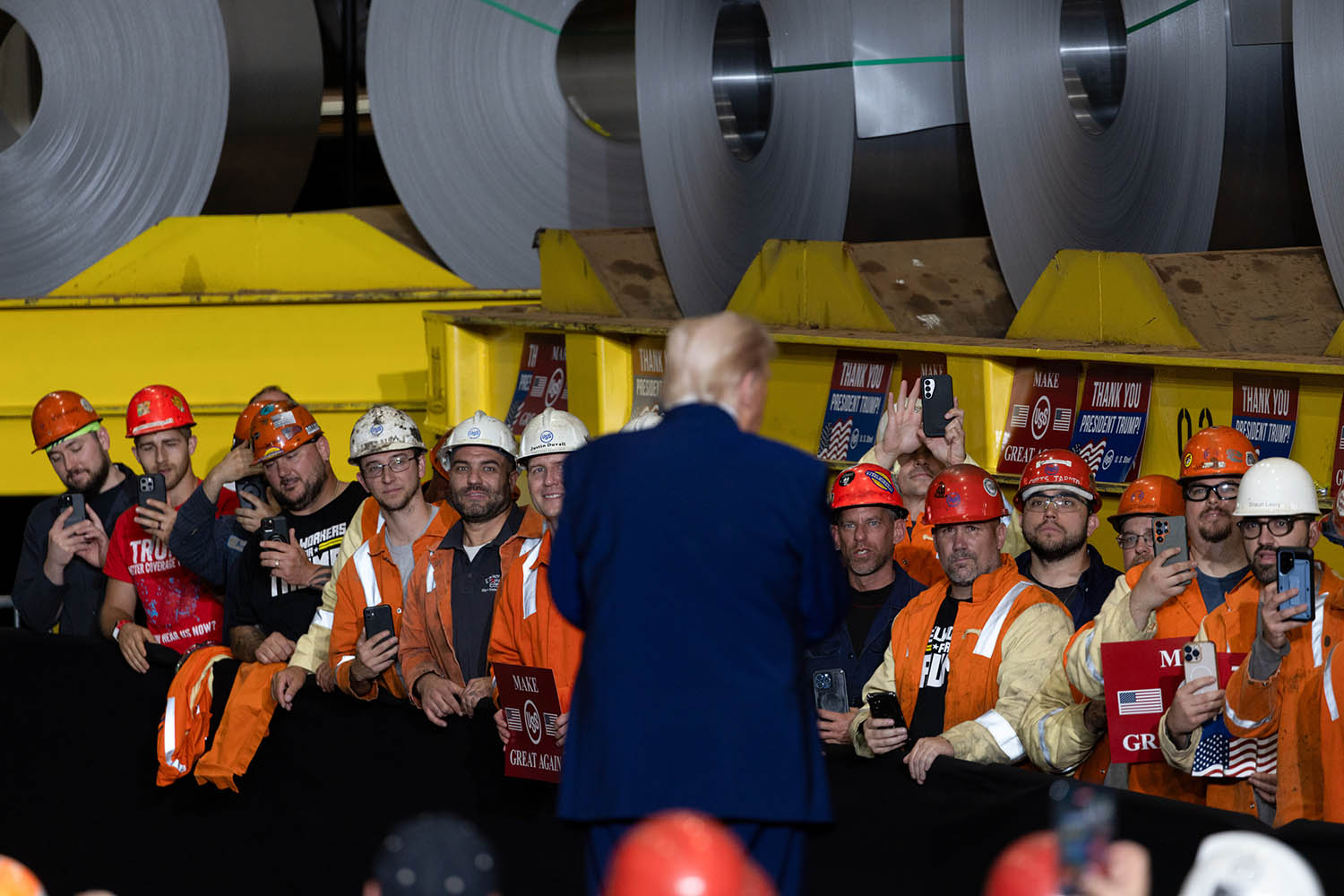With his love for all things golden, it is unsurprising that Donald Trump has created America’s first golden share. As a condition for last week’s official approval of Nippon Steel’s $14.9bn takeover of US Steel, Trump insisted on a special share giving the US government a right of veto over a wide range of corporate decisions, along with a seat on the board.
Trump will be able to use it to block plans to cut jobs or move them overseas, idle plants or reduce production capacity, make acquisitions, move or close US Steel’s Pittsburgh HQ, or even change its name.
Golden shares were pioneered by the British government during the wave of privatisations in the 1980s to reassure voters that there would be no unacceptable loss of public services. Most recently, when the privatised Royal Mail got a new foreign owner, government approval of the deal came with a golden share designed to ensure the new owner maintained the British HQ, tax residency and historic universal service obligation.
Most British golden shares expired after a few years and worked through their potential threat to any would-be buyer, rather than letting the government meddle in a company’s daily affairs. Trump’s multifaceted golden share is unprecedented. Given the president’s tendency for unpredictability and interference, Nippon Steel’s relief at finally closing it may give way to worries about what the new shareholder in the White House might do. A bigger worry is that Trump will start to demand golden shares in more high-profile mergers.
Any Other Business:
Photograph by Rebecca Droke/Bloomberg via Getty Images
Newsletters
Choose the newsletters you want to receive
View more
For information about how The Observer protects your data, read our Privacy Policy

